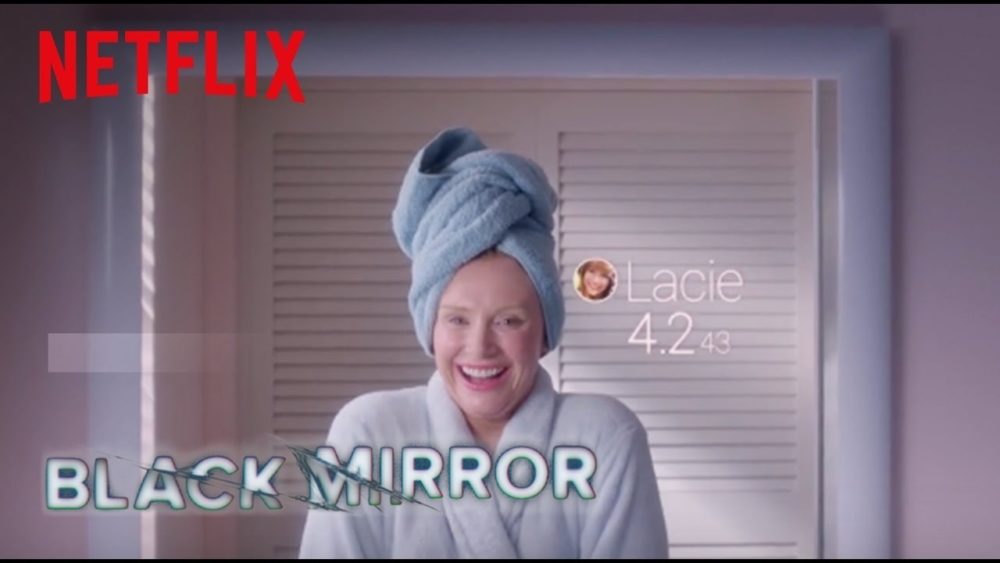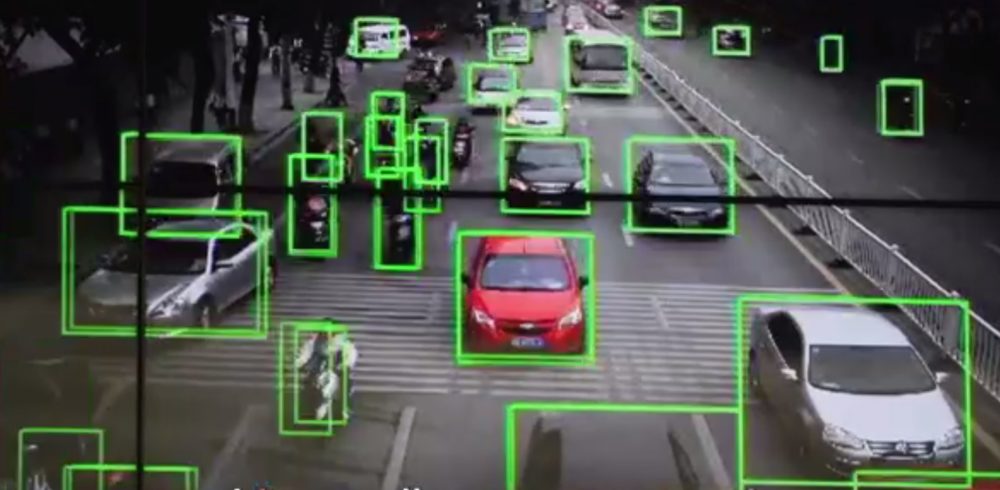It may sound like something out of a creepy dystopian sci-fi movie, but China’s Social Credit System is very real and will soon become the largest experiment in social engineering in history.

The proposed system assesses and ranks individuals based on a whole litany of everyday behaviours and will soon be used by the state as a means to exert control over China’s 1.4 billion citizens.
According to the system’s founding document, released by the State Council in 2014, the scheme should “allow the trustworthy to roam everywhere under heaven while making it hard for the discredited to take a single step”. At a time when The Communist Party’s influence seems to be further encroaching into the lives of everyday citizens, seemingly justified fears have arisen as to whether the system constitutes a serious erosion of the Chinese people’s already scant freedoms.
The system is due to be fully operational by 2020 and is currently being trialled in the city of Rongcheng. Each of the city’s 740,000 adult residents are assigned 1000 points. Points are awarded for good behaviour and deducted for bad. Examples of punishable infractions include traffic offences, smoking in non-smoking zones, buying too many video games and posting fake news online. Conversely exemplary behaviour such as giving to charity, volunteering, earning a city level award and caring for elderly parents or grandparents is rewarded with additional points.
Those with a high score are able to rent a car, bike and hotel room without paying a deposit and are more easily approved for a home loan, as well as being afforded special access to the best schools, universities and government jobs. Lower scorers by contrast, may find it difficult to access such services and are blocked from buying airline and train tickets. lower scorers would also be subject to some forms of social ostracism and isolation in their personal and professional relationships, examples include preventing low scorers from joining certain dating websites. To avid fans of the dystopian genre, the entire concept may sound chillingly similar to an episode of Black Mirror, the disturbingly prescient Nosedive.

The Communist Party has devised various creative ways of keeping its enormous populace in-check ever since it came to power in 1949. However, the system currently proposed is especially insidious because it is almost entirely inescapable, and some don’t even know it exists. The abc reports that “surveillance cameras will be equipped with facial recognition, body scanning and geo tracking to cast a constant gaze over every citizen. Smartphone apps will also be used to collect data and monitor online behaviour on a day-to day basis.” In short, virtually every Chinese citizen will be vigilantly monitored every second of the day.
Foreign Policy writes that “the government will in the end have inordinate amounts of data at its disposal to control and intervene in society, politics, and the economy.” Although the stated purpose of the system is to foster cohesion and encourage people to “be better citizens”, it has already and will continue to be used as an effective instrument by the state to squash dissent.
Author Murong Xuecun told Foreign Policy that “The unified social credit system will rally all sectors of society against those deemed untrustworthy,” Murong believes dissidents will experience a “multifaceted punishment,” as a result more and more people will become hesitant about critiquing the regime.

However, these anxieties around the implications of the social credit system are not being voiced by those in Rongcheng. Foreign Policy interviewed a 32-year-old Rongcheng resident who only wanted to be identified as Chen “I feel like in the past six months, people’s behaviour has gotten better and better. For example, when we drive, now we always stop in front of crosswalks. If you don’t stop, you will lose your points. At first, we just worried about losing points, but now we got used to it.”
It may be that the people of Rongcheng are understandably cautious about voicing their true concerns to foreign journalists but if we take this statement and others like it at face value it would appear that the people of Rongcheng have embraced the social credit system. The favourable reception means that the government will declare it a success and no doubt begin to roll out the program on a national level. If so, it will be as the abc described “the first digital dictatorship.”
What do you think of the Social Credit Scheme? Is Black Mirror giving us a glimpse into our future? Let us know what you think in the comments!






